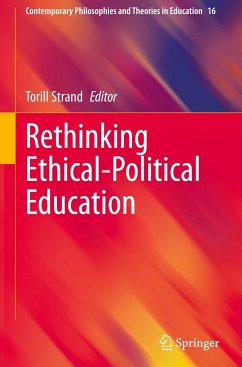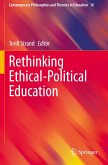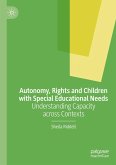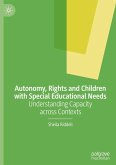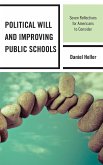This book offers a variety of outlooks and perspectives on the constitutive values and formative norms of a society, reflected by discourses on ethical-political education. It also discusses conceptual and critical philosophical works combined with empirical studies.
The book is divided into three parts: the first part describes contemporary youth's tangible experience of and reflections on ethical-political issues, while the second part explores the potential powers and pitfalls of educational philosophies, old and new. The third part highlights cutting edge issues within the humanities and social sciences, and examines the prospects of a fruitful rethinking of ethical-political education in response to today's pressing issues.
By addressing current dilemmas with diligence and insight, the authors offer solid arguments for new theoretical and practical directions to promote philosophical clarification and advance research. Intended for students, teachers and researchers, the book provides fresh perspectives on the many facets of ethical-political education, and as such is a valuable contribution to educational research and debate.
The book is divided into three parts: the first part describes contemporary youth's tangible experience of and reflections on ethical-political issues, while the second part explores the potential powers and pitfalls of educational philosophies, old and new. The third part highlights cutting edge issues within the humanities and social sciences, and examines the prospects of a fruitful rethinking of ethical-political education in response to today's pressing issues.
By addressing current dilemmas with diligence and insight, the authors offer solid arguments for new theoretical and practical directions to promote philosophical clarification and advance research. Intended for students, teachers and researchers, the book provides fresh perspectives on the many facets of ethical-political education, and as such is a valuable contribution to educational research and debate.

